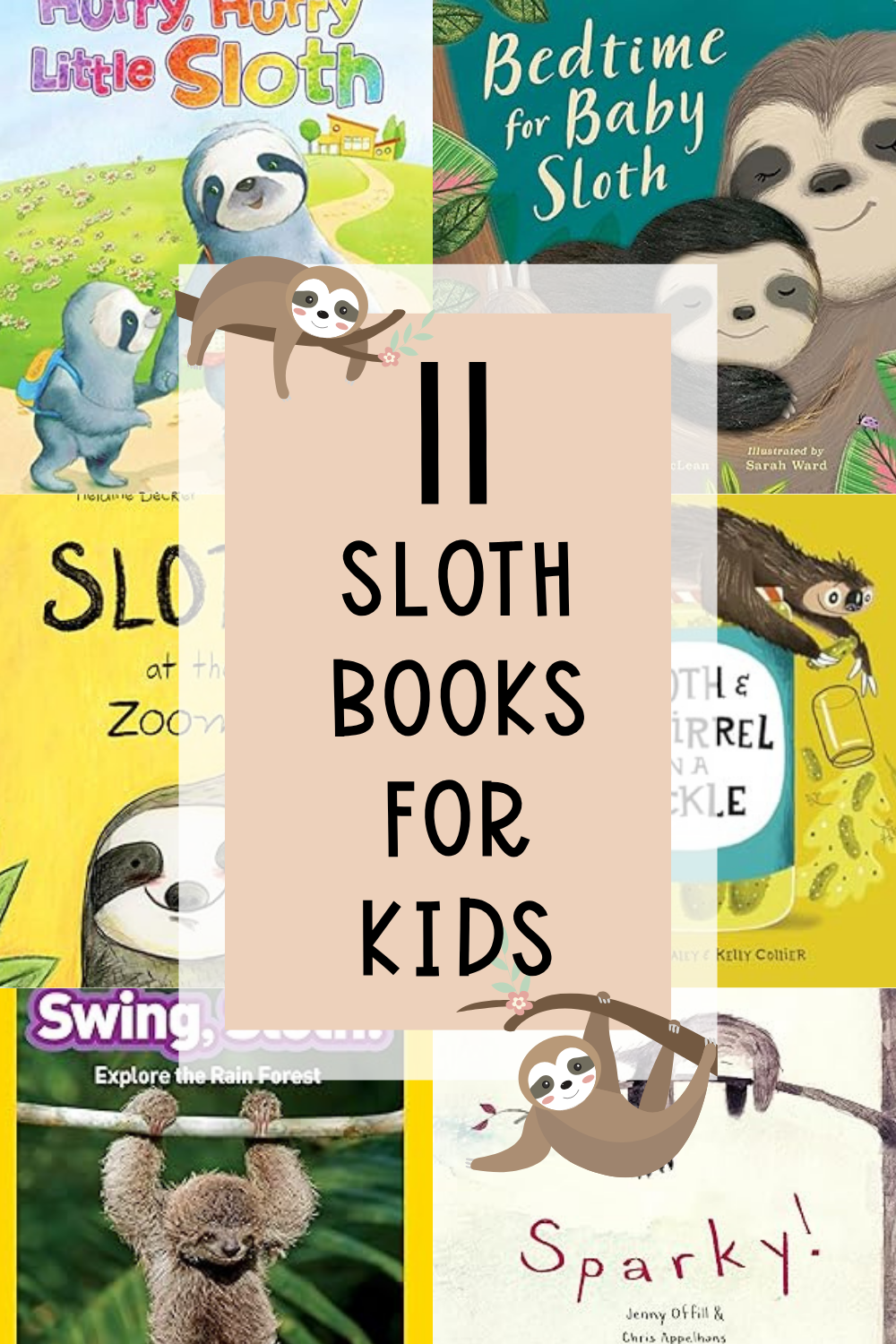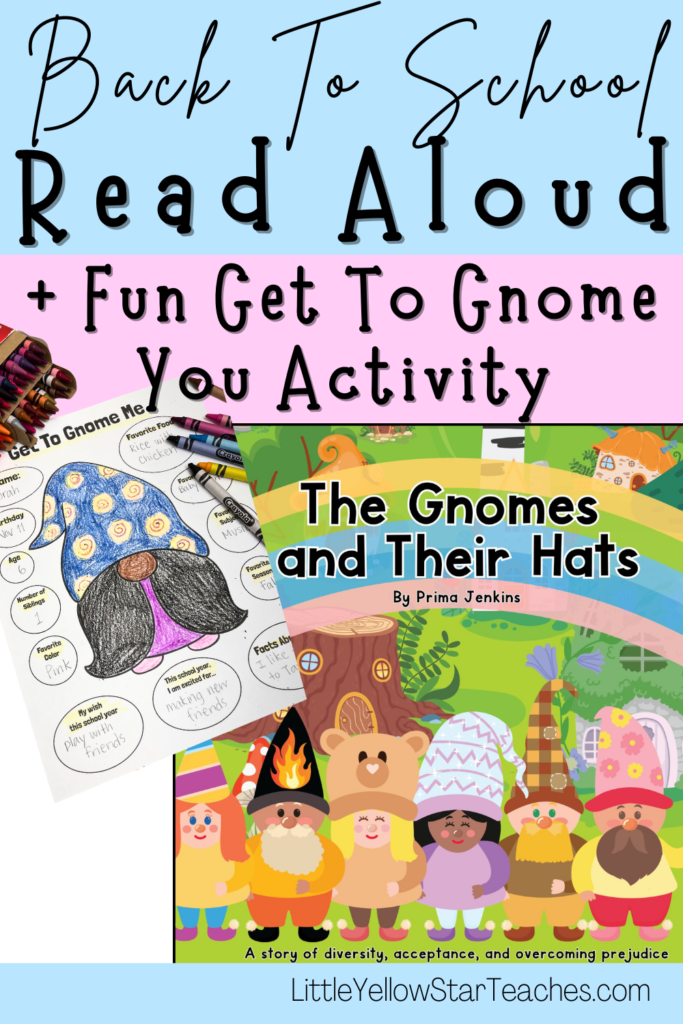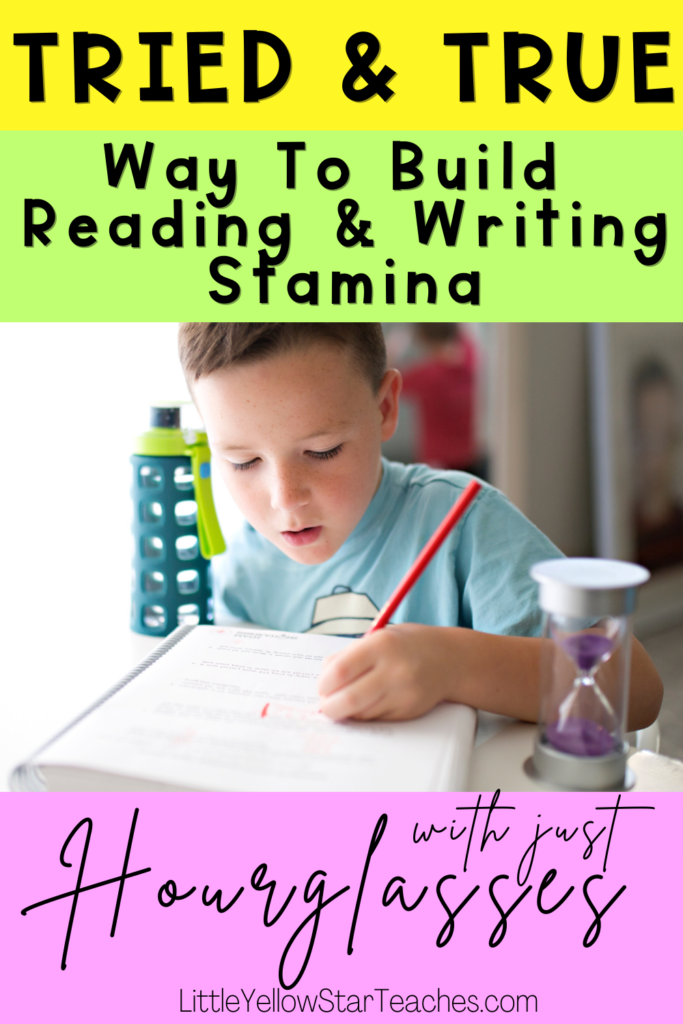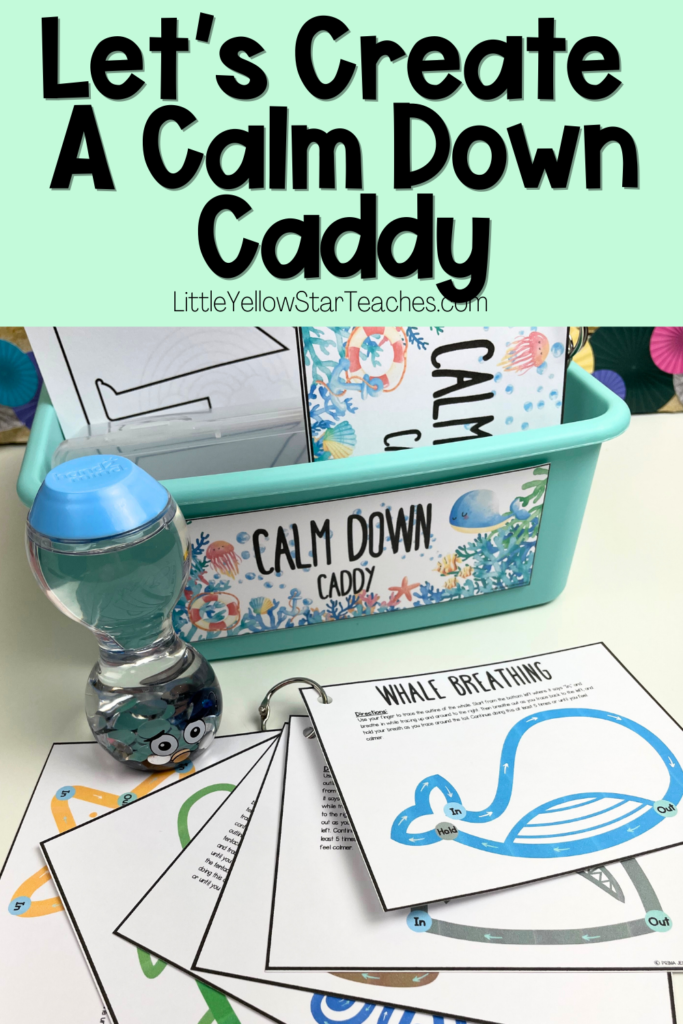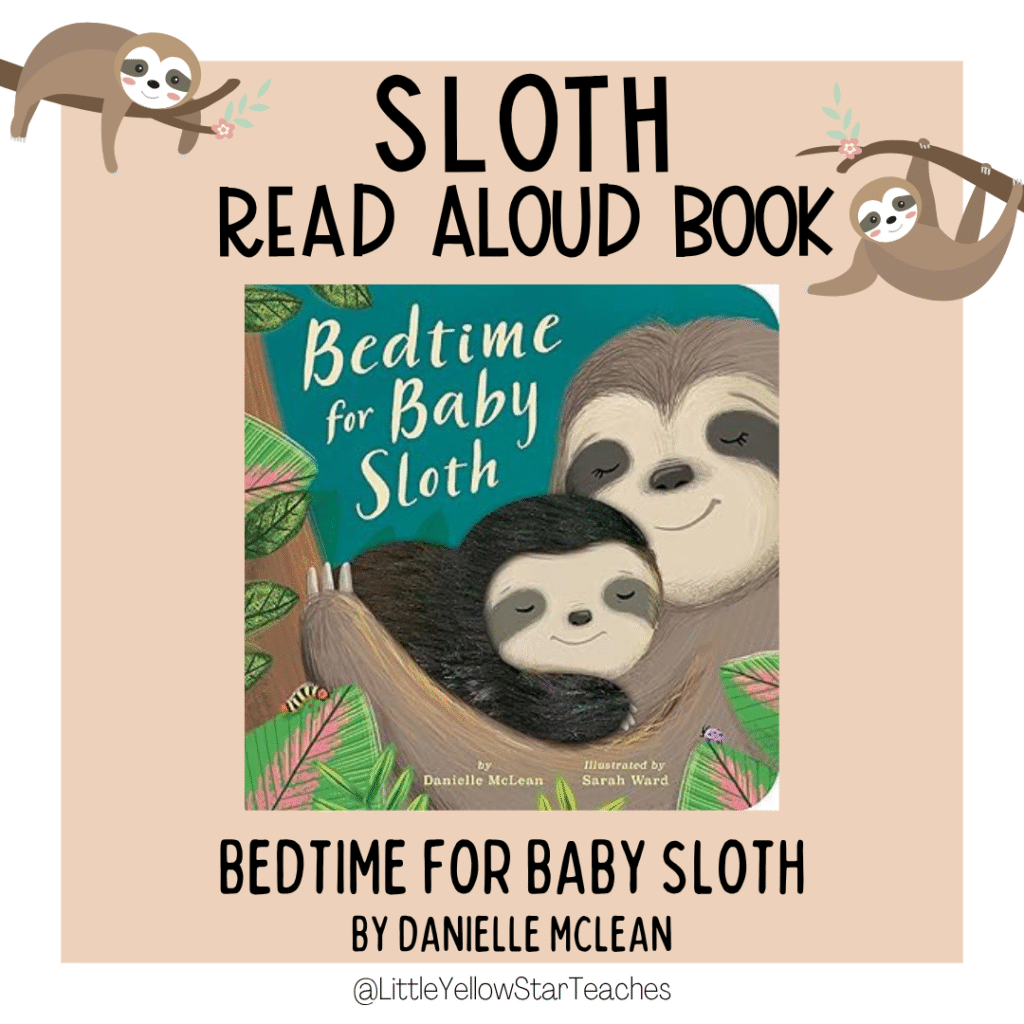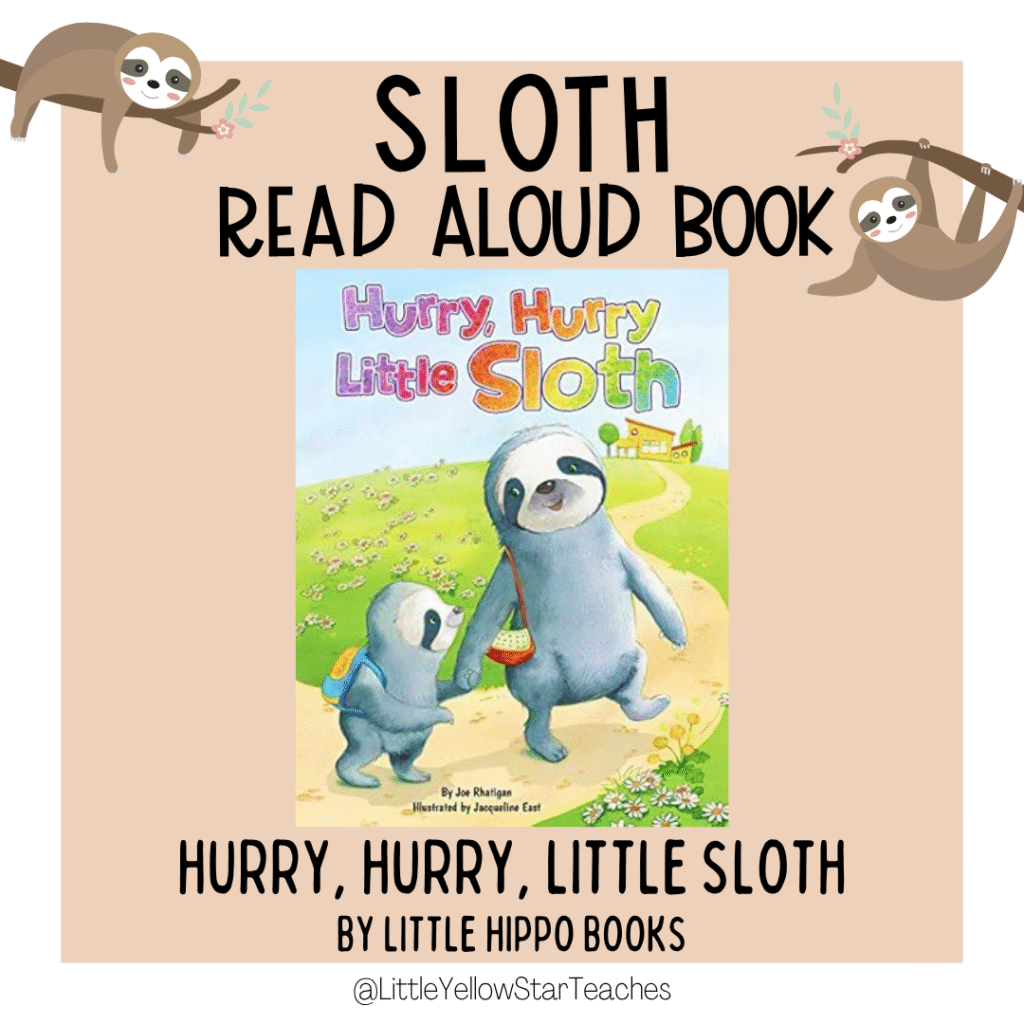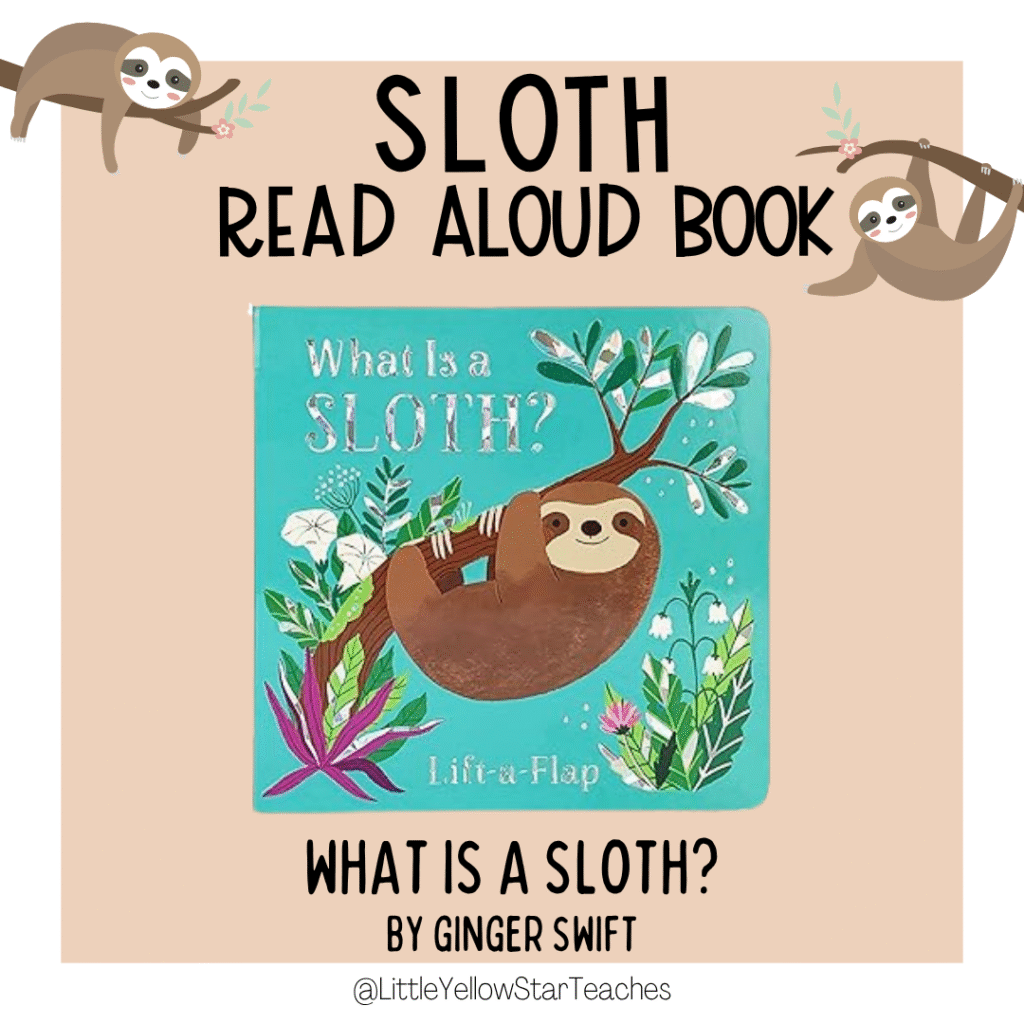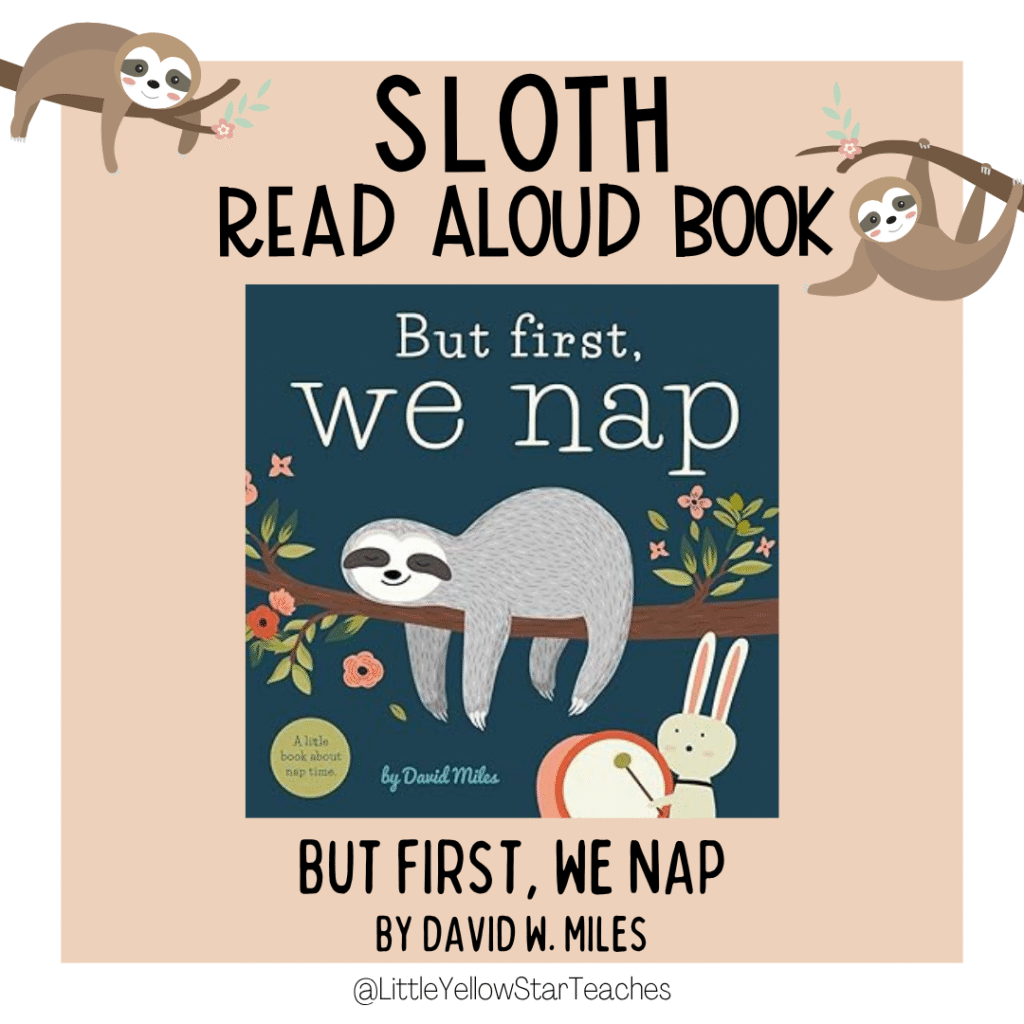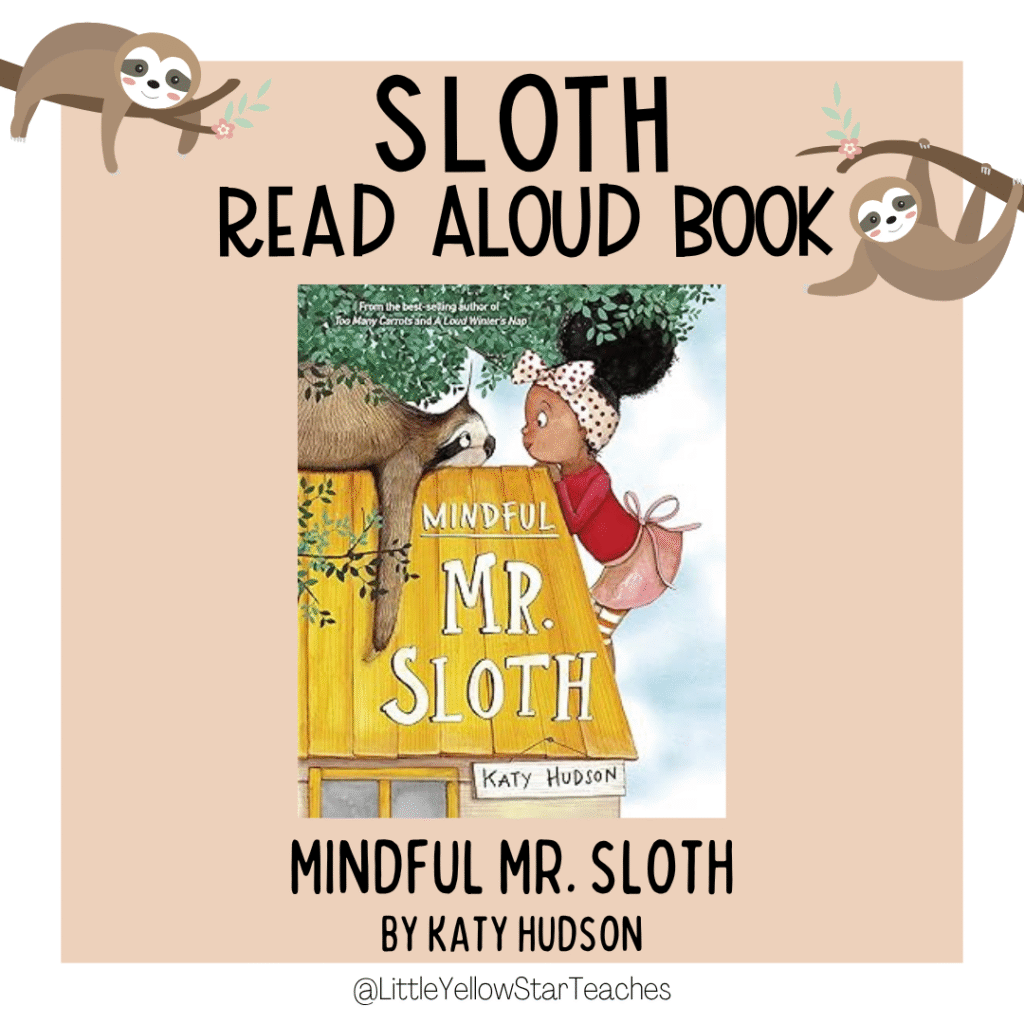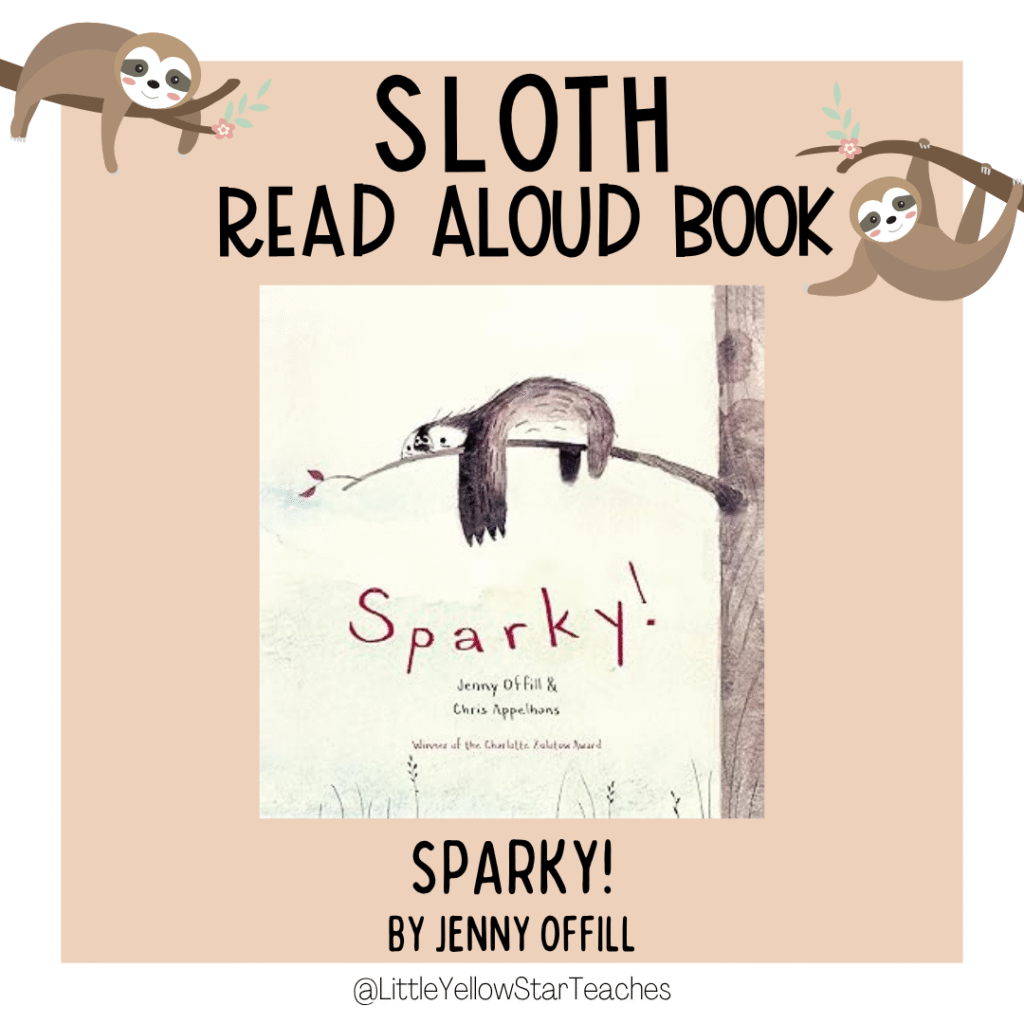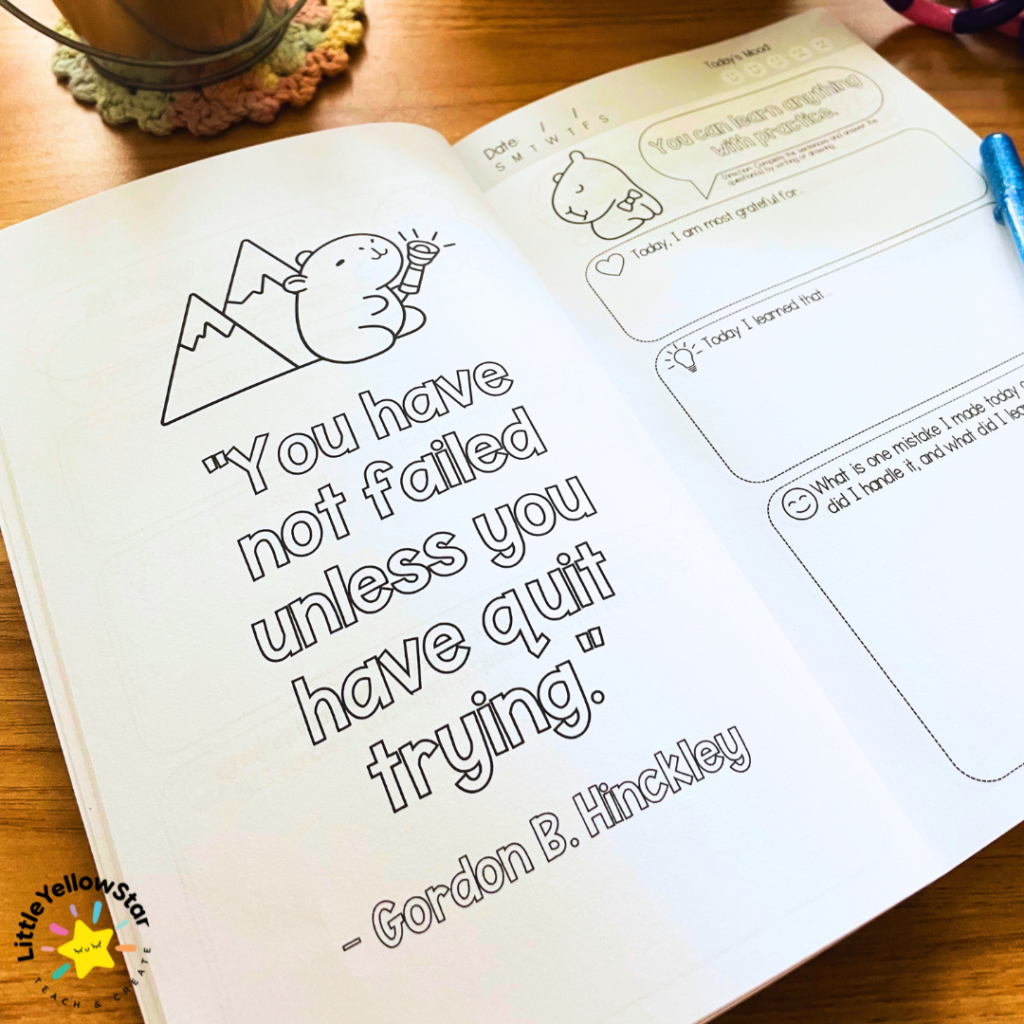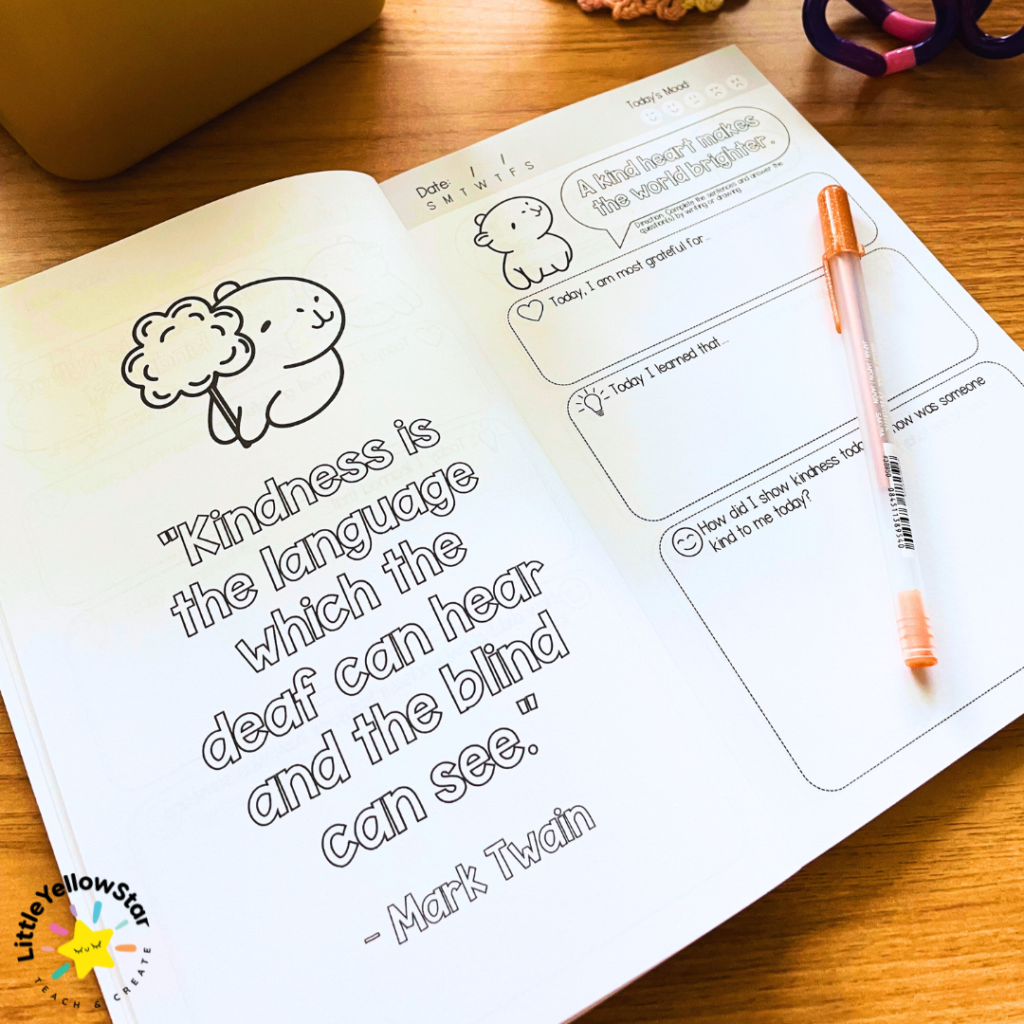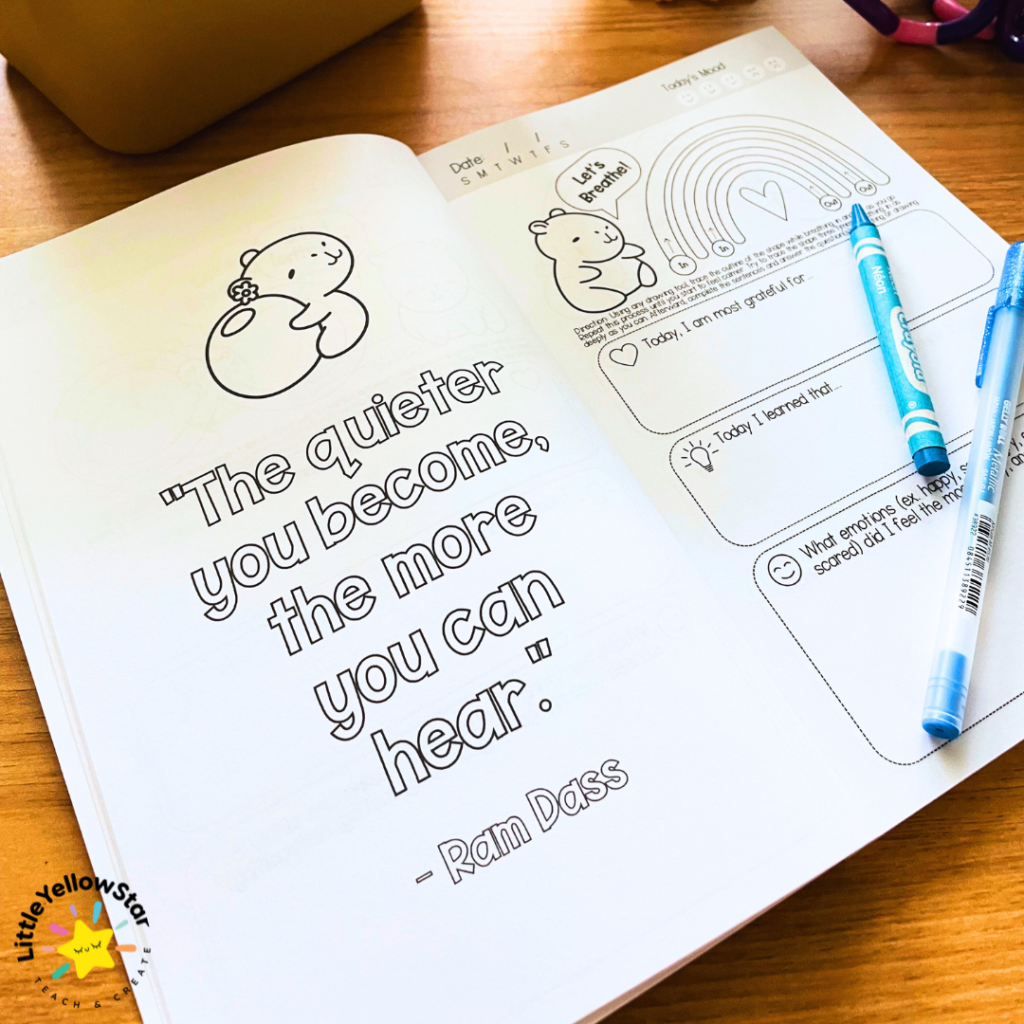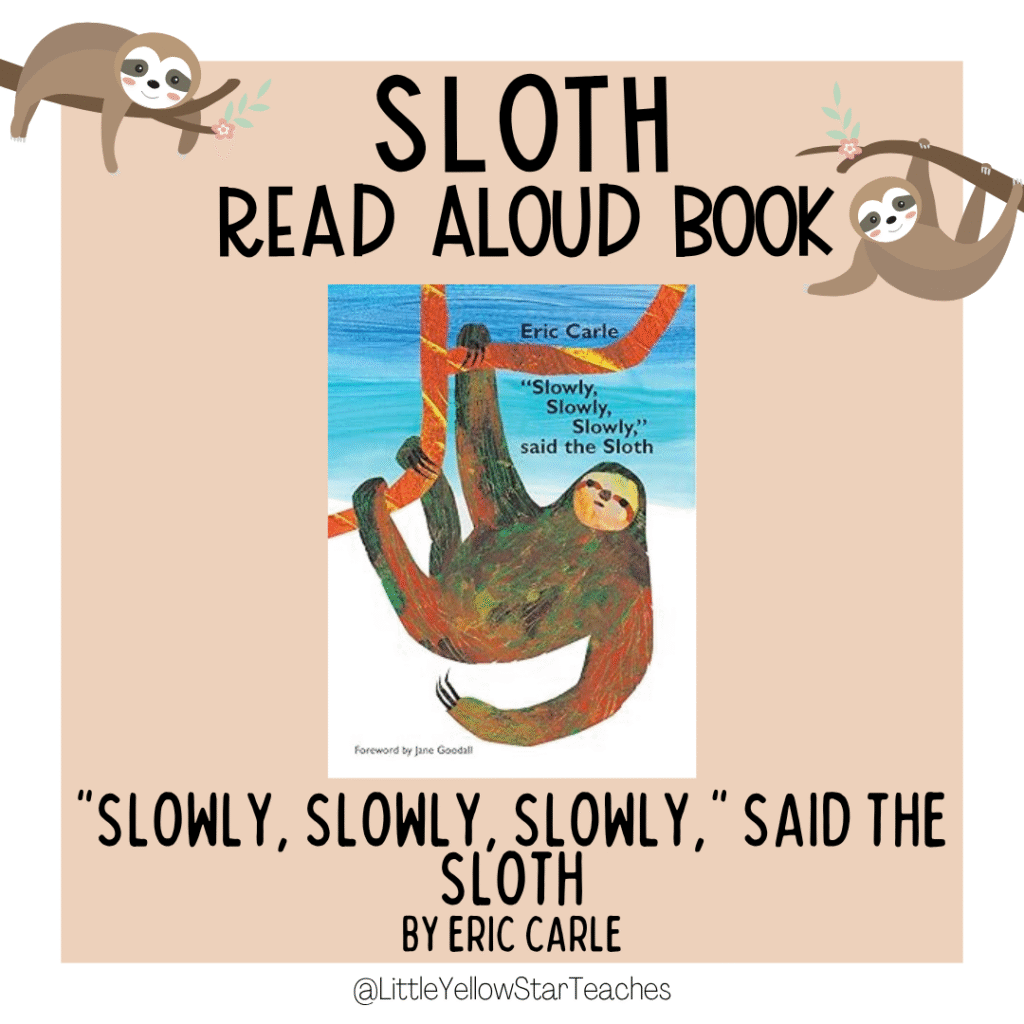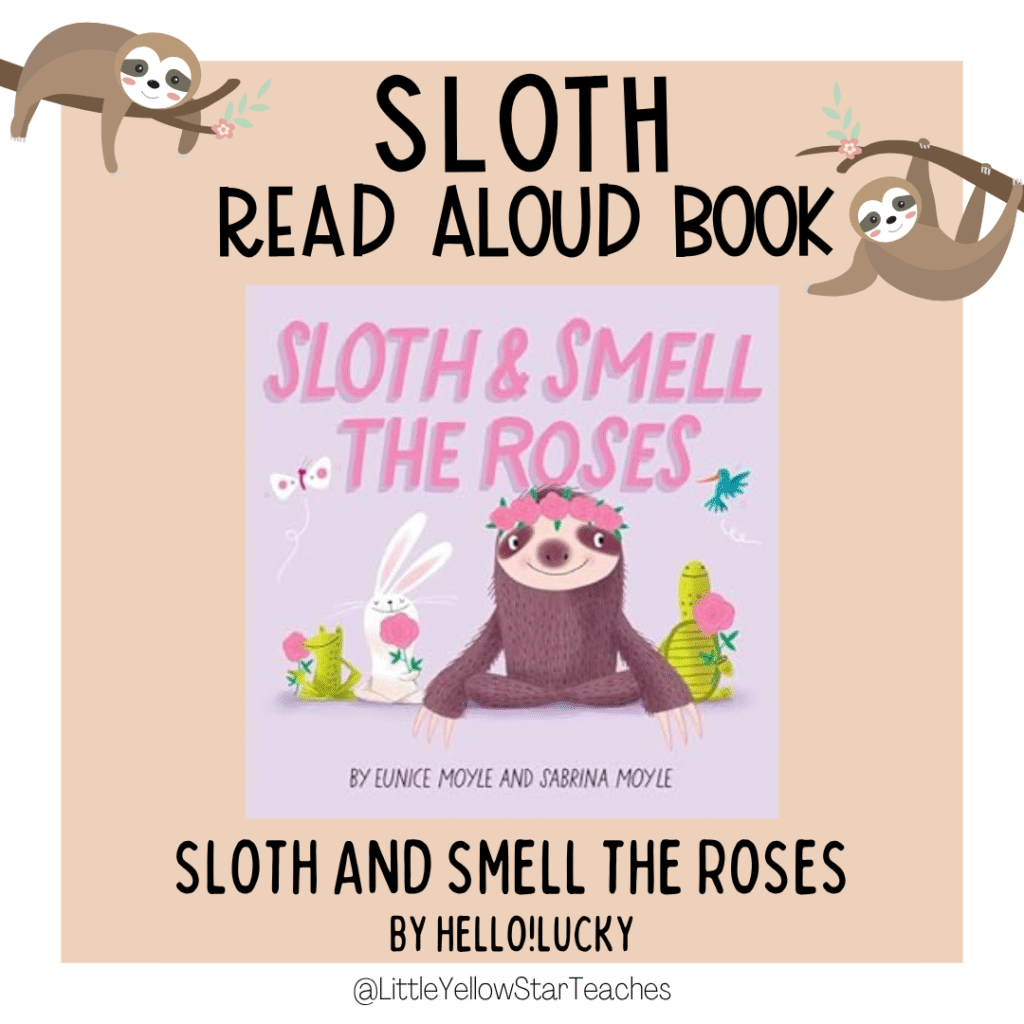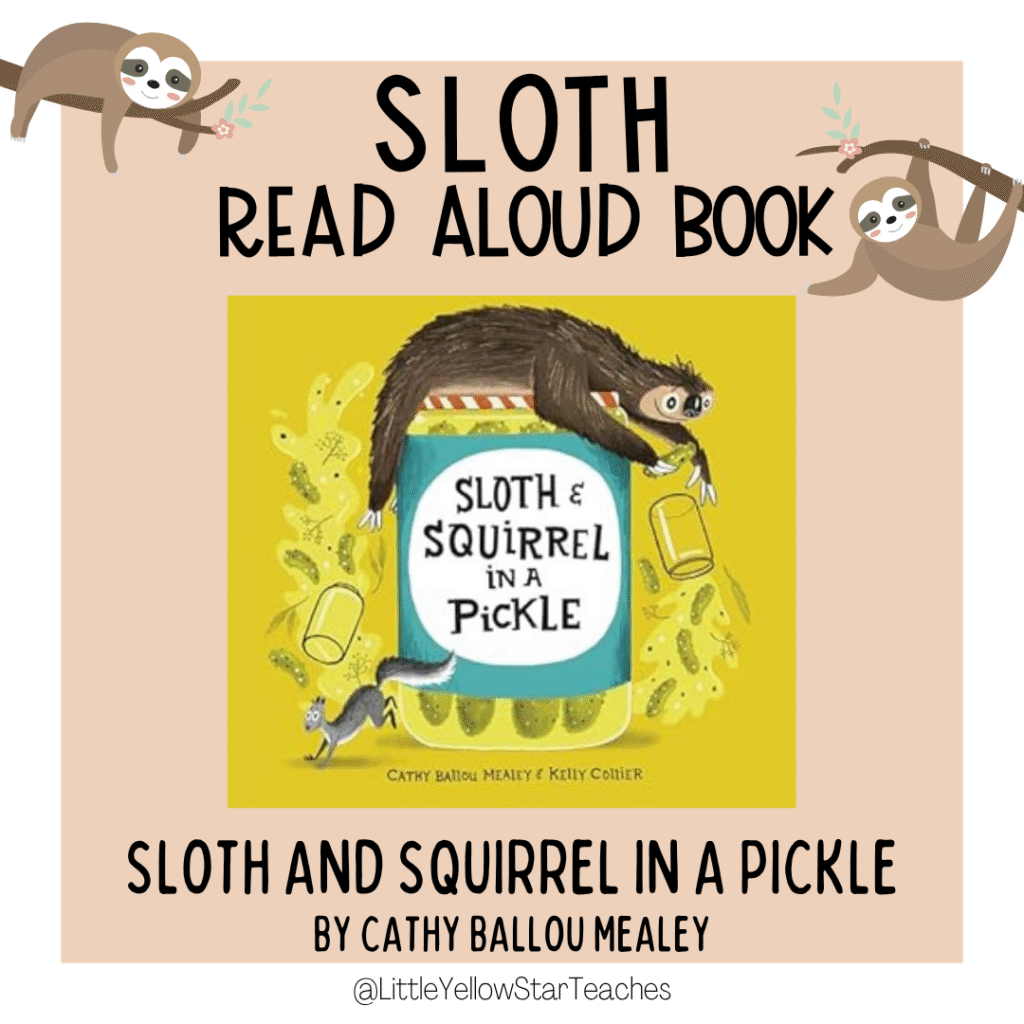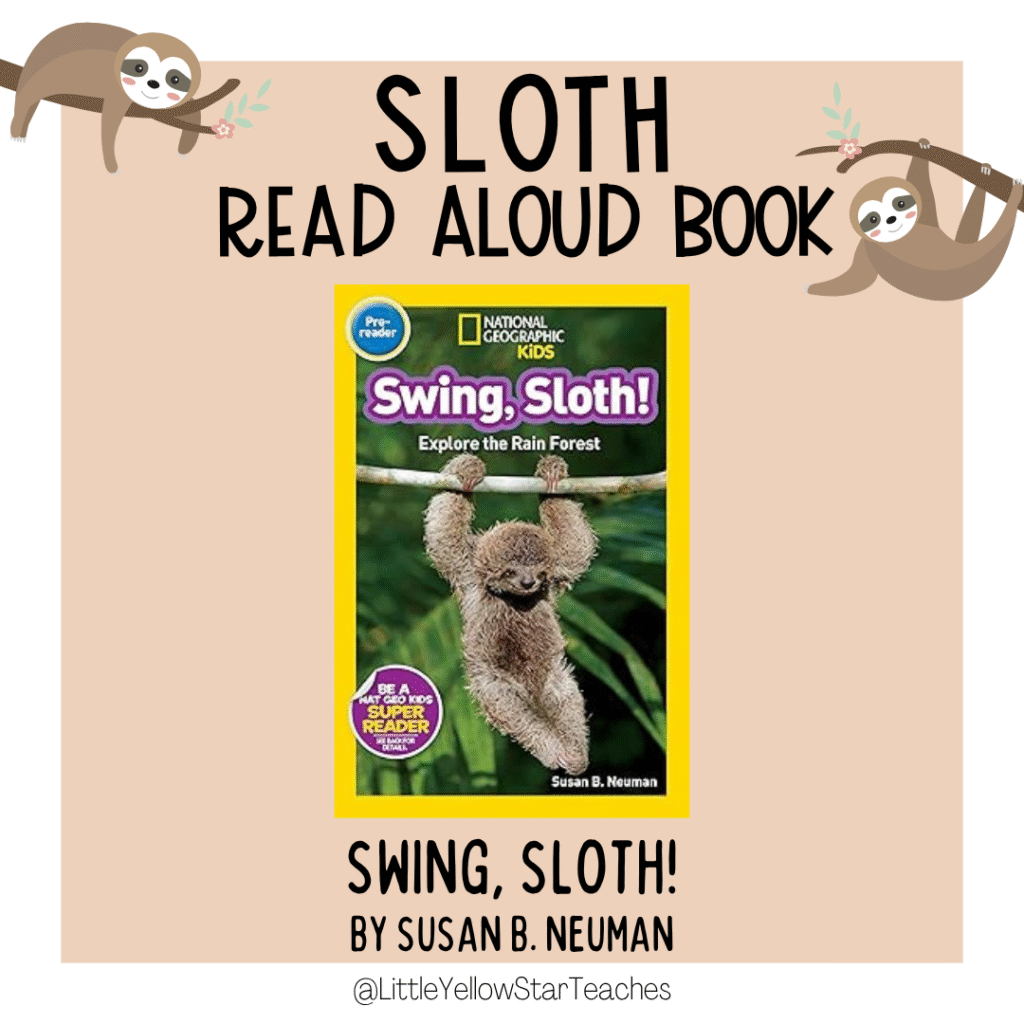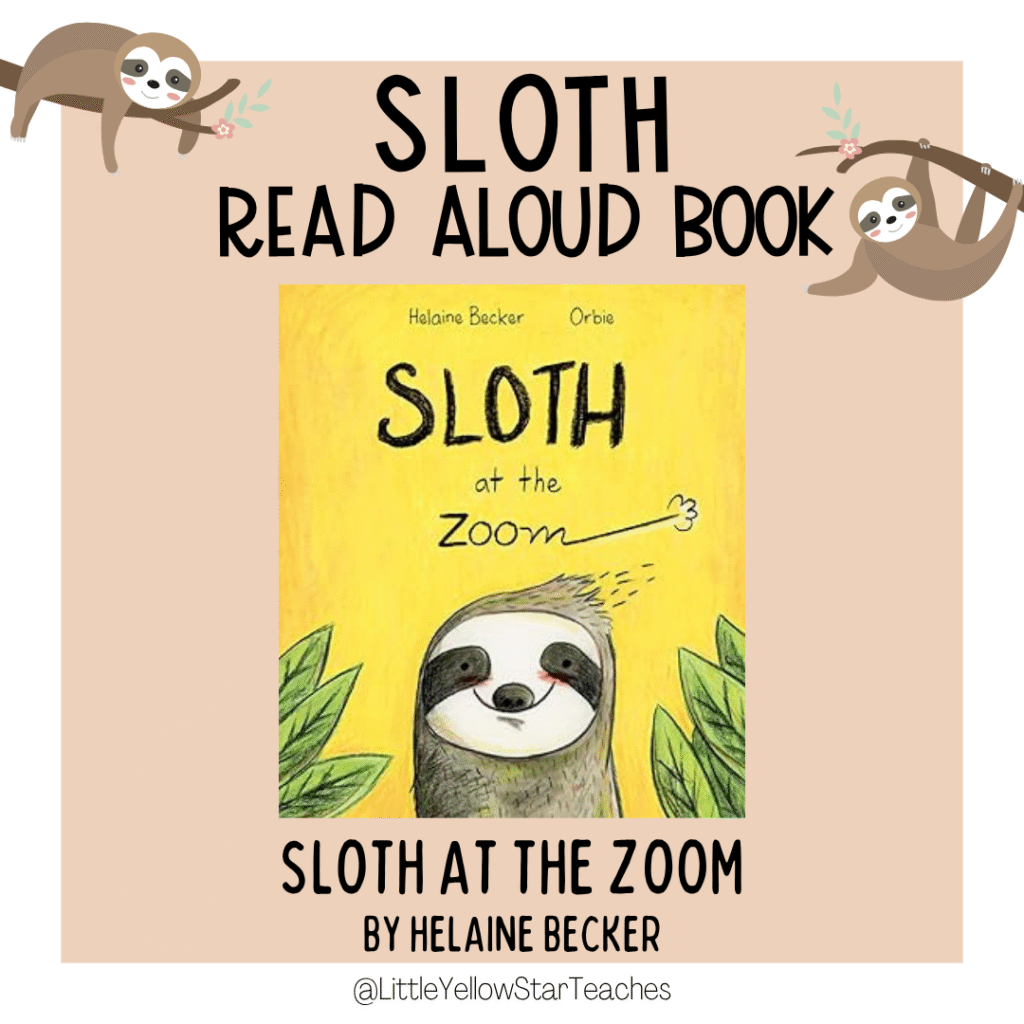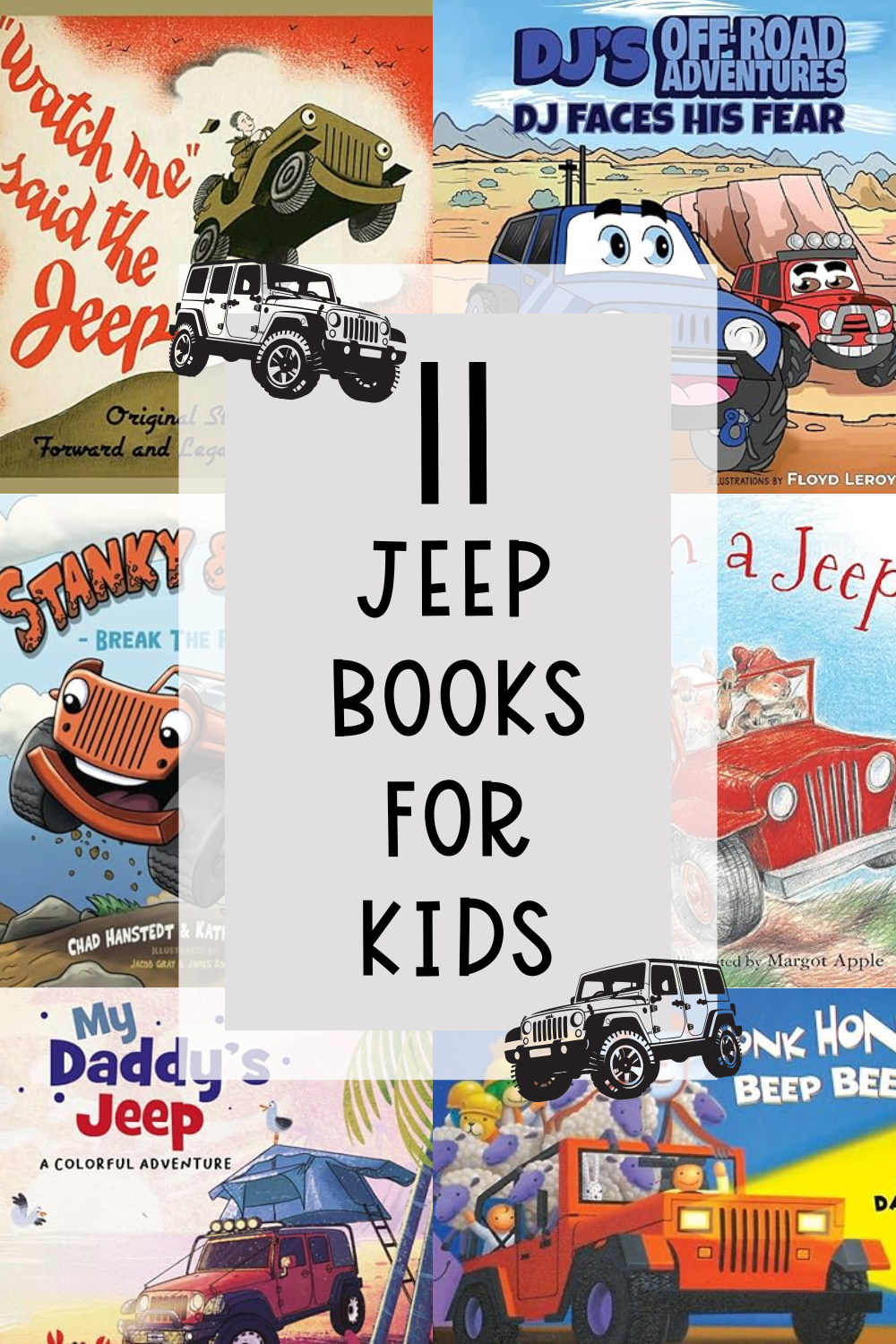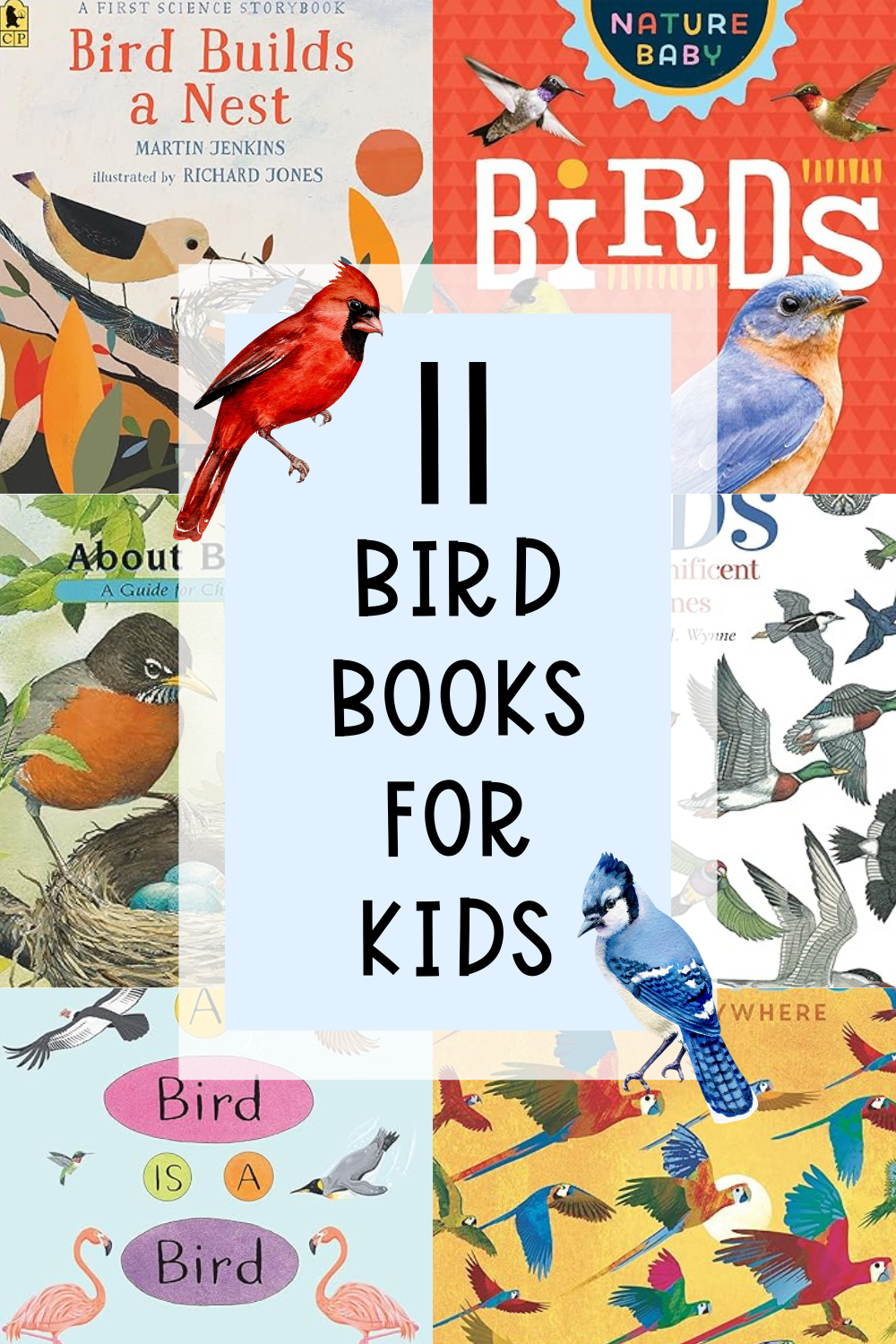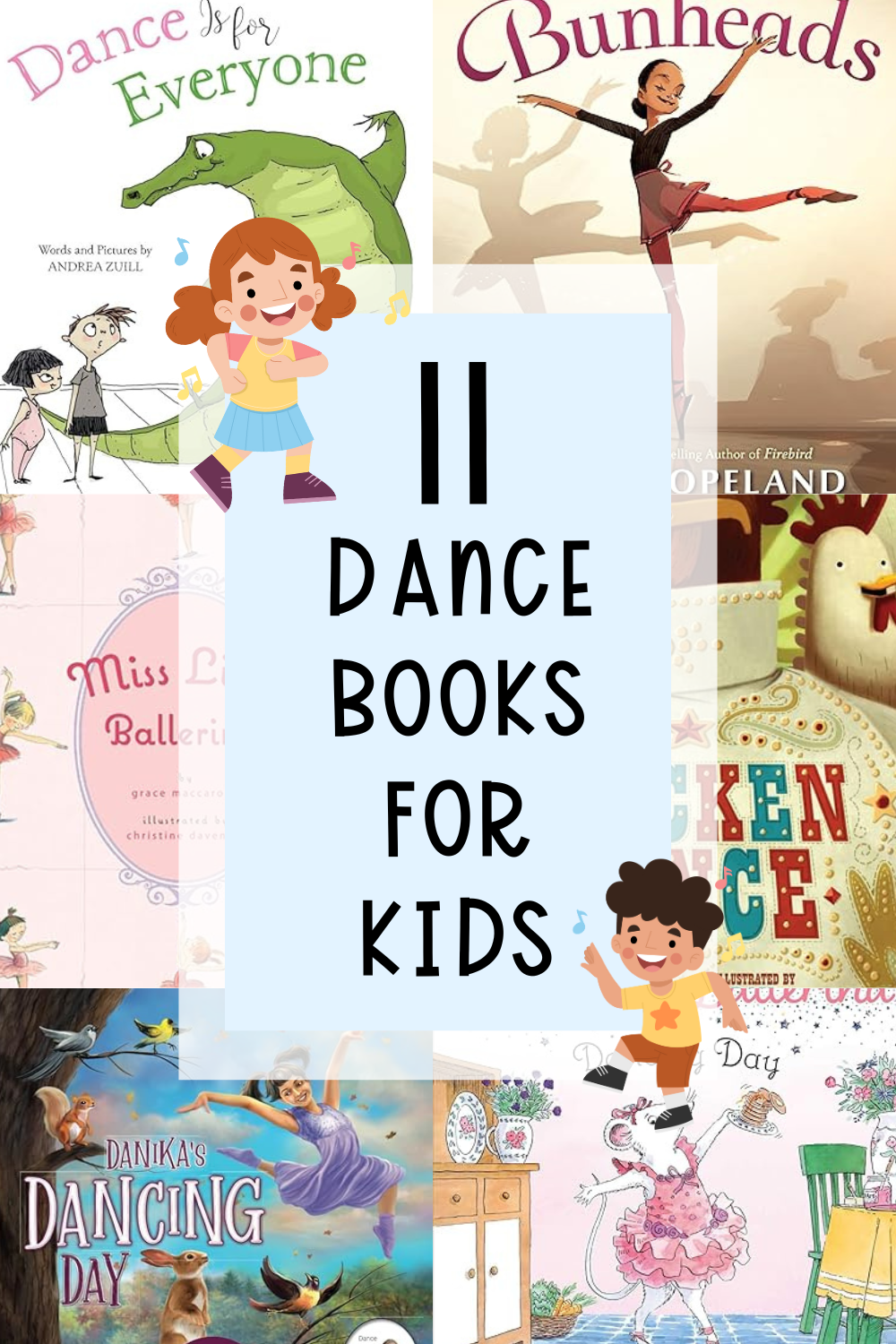Gentle Stories That Celebrate Patience, Calm, and the Joy of Slowing Down
In a fast-paced world, sloths remind us to pause, breathe, and enjoy the moment. With their unhurried movements and sweet expressions, sloths have become favorite characters in children’s books—bringing peaceful energy, gentle humor, and unexpected wisdom to story time.
In this post, I’m sharing my favorite sloth books for kids, organized by age group. I’ve also included calming activities and thoughtful reflection questions to help children embrace the art of slowing down. Let me know which sloth story helps your little one feel more cozy and calm!
***Disclosure: This post contains an Amazon affiliate link that at no additional cost to you, I may earn a small commission when you purchase through the link from my blog. Thank you for your support!
Table of Content
- Why Read Books About Sloths?
- The Role of Books in Teaching Kids about Sloths
- 11 Sloth Books For Children
- What Sloth Book(s) Are You Going To Read Later?
Why Read Books About Sloths?
Sloth books help kids understand that it’s okay to go at their own pace.
These stories teach patience, self-acceptance, and the importance of mindfulness. Whether a sloth is learning something new or just enjoying a nap in a tree, these characters show that we don’t have to rush to do our best.
Reading about sloths can help children feel more grounded, relaxed, and proud of who they are.
The Role of Books in Teaching Kids about Sloths
Books about sloths support emotional regulation and social-emotional growth.
Characters often feel overwhelmed, different, or slow—but through friendship, creativity, or a change in perspective, they discover their strengths. Sloth books are especially helpful for kids who need reminders to be kind to themselves or who feel pressured to “keep up.”
These stories gently model how to stay calm, go with the flow, and savor the small things.
How to Use Books about Sloths with Children
Here are a few cozy and thoughtful ways to enjoy sloth stories together:
- 🌿 Ask Open-Ended Questions: After reading, ask: How did the sloth’s calmness help the situation? or What makes being slow a superpower? Try Turn and Talk to share peaceful ideas.
- 🎨 Engage in Sloth-Themed Activities: Create your own paper sloth to hang from a string, do a sloth-inspired yoga stretch, color a jungle scene, or take a “mindful moment” break with slow breathing and quiet time.
- 📚 Refer Back to the Books: During moments of stress or rushing, recall the story. Say: Remember how the sloth reminded others it’s okay to take a break? Let’s try that now too.
- 👨👩👧 Involve Other Caregivers: Suggest a “slow day” with no schedules, where families read sloth books, lounge together, or make a “calm corner” filled with pillows, books, and soft music.
11 Sloth Books For Children
Younger Children (Ages 3-6)
#1 Bedtime for Baby Sloth by Danielle McLean
🔗 View on Amazon
Baby Sloth doesn’t want to sleep—there are just too many nighttime jungle sounds to explore!
Activity Suggestion: Create a jungle soundscape with soft instruments or recorded nature sounds.
Discussion Questions:
- What helped Baby Sloth get sleepy?
- What does your bedtime routine look like?
- How can we make bedtime more relaxing?
#2 Hurry, Hurry, Little Sloth by Little Hippo Books
🔗 View on Amazon
Even when everyone else is rushing, Little Sloth shows us it’s okay to go slow.
Activity Suggestion: Practice “slow-motion” yoga or stretching.
Discussion Questions:
- Why was everyone in a hurry?
- What can we learn from Little Sloth?
- When is it good to slow down?
#3 What is a Sloth? by Ginger Swift
🔗 View on Amazon
A gentle, interactive board book that introduces babies and toddlers to sloths and their slow-paced lives.
Activity Suggestion: Make a sloth puppet using a paper bag and yarn arms.
Discussion Questions:
- What did you learn about sloths?
- Where do sloths live?
- What makes sloths special?
Lower Elementary Children (Ages 7-9)
#4 But First, We Nap by David W. Miles
🔗 View on Amazon
Fox wants to play, but Sloth just wants to nap. Can they find a peaceful compromise?
Activity Suggestion: Create a “nap nest” with blankets and read quietly inside.
Discussion Questions:
- What did Sloth want to do?
- How did they solve their disagreement?
- What do you do when you’re feeling sleepy?
#5 Mindful Mr. Sloth by Katy Hudson
🔗 View on Amazon
Sasha rushes through her day—until Mr. Sloth teaches her how to slow down and be mindful.
Activity Suggestion: Try a short kids’ breathing exercise together.
Discussion Questions:
- What is mindfulness?
- How did Mr. Sloth help Sasha?
- When could you use mindfulness in your day?
#6 Sparky! by Jenny Offill
🔗 View on Amazon
A girl gets a pet sloth who’s… not exactly the most exciting animal. But she finds joy in his own way of being.
Activity Suggestion: Make a “Sloth Report” describing Sparky’s talents.
Discussion Questions:
- What made Sparky different from other pets?
- Was he a good pet? Why or why not?
- How do we appreciate people (or pets) who are different?
Check Out Capybara-Theme Daily Reflection Journals For Kids!
#7 “Slowly, Slowly, Slowly,” Said the Sloth by Eric Carle
🔗 View on Amazon
The animals wonder why Sloth moves so slowly—but he shows them that calmness has its own power.
Activity Suggestion: Act out different animal movements—fast, then slow like a sloth.
Discussion Questions:
- Why did the other animals question Sloth?
- What was Sloth’s answer?
- How does it feel to slow down?
Upper Elementary Children (Ages 9-11)
#8 Sloth and Smell the Roses by Hello!Lucky
🔗 View on Amazon
Sloth reminds readers to pause, breathe, and enjoy the little things in life—like flowers and friendship.
Activity Suggestion: Go on a “slow walk” and notice five beautiful things.
Discussion Questions:
- What does it mean to “stop and smell the roses”?
- What are some small things that make you happy?
- How do you calm yourself when you’re feeling rushed?
#9 Sloth and Squirrel in a Pickle by Cathy Ballou Mealey
🔗 View on Amazon
Sloth and Squirrel try to earn money—but their plan gets hilariously tangled in pickles and teamwork.
Activity Suggestion: Pretend to open a silly store and “sell” pickles or other items.
Discussion Questions:
- What went wrong with their plan?
- How did Sloth and Squirrel work together?
- Why is teamwork important?
#10 Swing, Sloth! by Susan B. Neuman
🔗 View on Amazon
A nonfiction early reader that follows a real sloth’s movements through the trees.
Activity Suggestion: Create a mini rainforest habitat using toy animals and paper leaves.
Discussion Questions:
- What does a sloth do all day?
- How is their body built for tree life?
- Would you like to visit a rainforest?
#11 Sloth at the Zoom by Helaine Becker
🔗 View on Amazon
Sloth gets enrolled at the fastest school on Earth—but her slow ways bring surprising results.
Activity Suggestion: Race fast like a cheetah, then slow like a sloth.
Discussion Questions:
- How did Sloth feel at Zoom school?
- What was her hidden strength?
- What lesson can we learn about being ourselves?
Grab these free resources to make your teaching life easier!
What Sloth Book(s) Are You Going To Read Later?
Sloth books for kids bring comfort, kindness, and a slower rhythm to busy days. These peaceful friends help children appreciate quiet moments and show that moving gently through the world is something to be proud of.
Which sloth story will help your child relax and reflect? Tag me on Instagram @LittleYellowStarTeaches and share your favorite books, slow-day routines, or snuggly sloth crafts!
Happy reading!
Prima at LittleYellowStar
* * *

